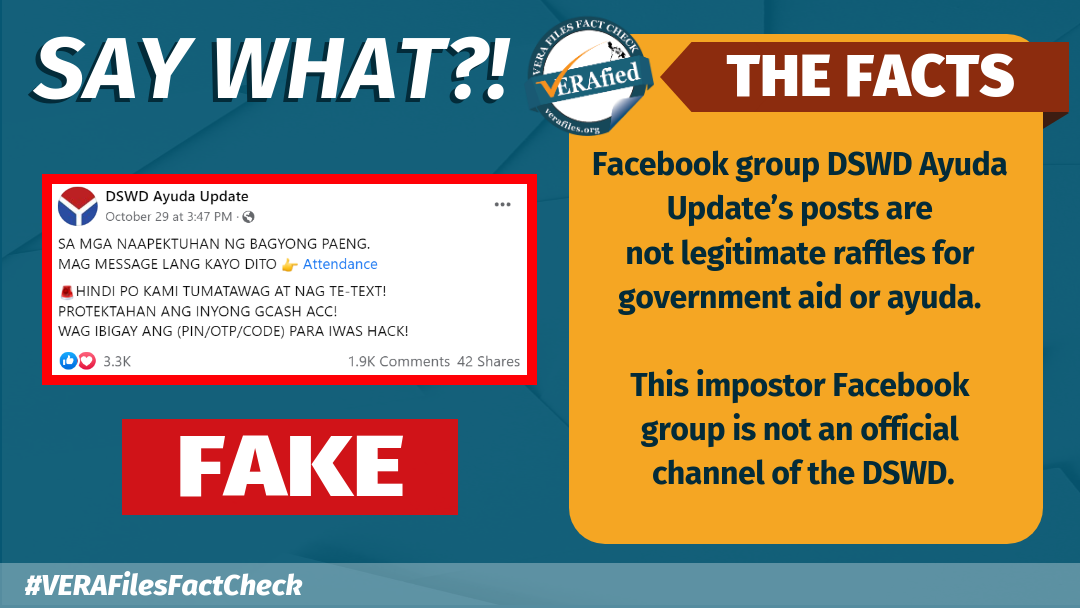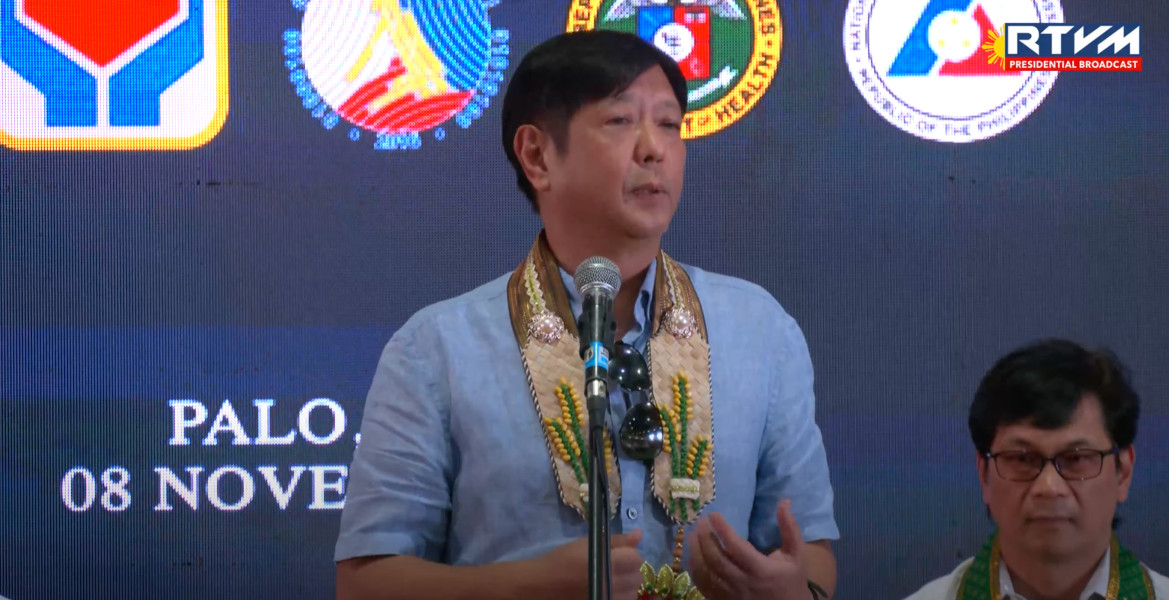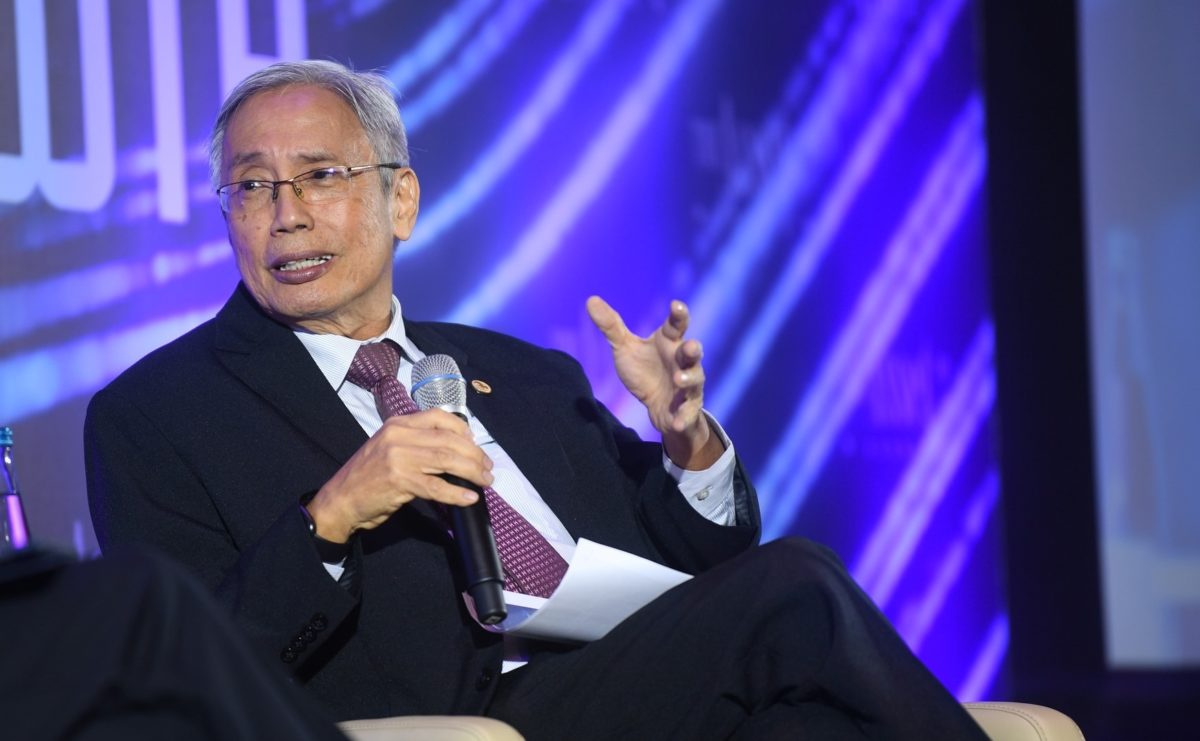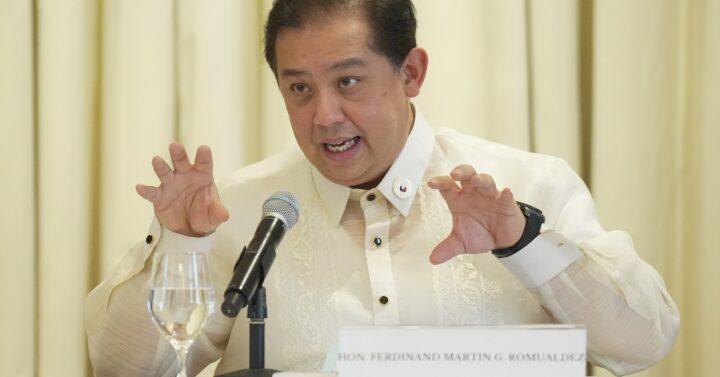Speaker Martin Romualdez and his allies are scrambling to defend and justify the P26-billion Ayuda Para sa Kapos Ang Kita Program (AKAP) as worthy of inclusion in the P6.33-trillion national government budget for this year.
They contend that public finance and budget experts are wrong in describing it as part of congressional “pork.” Romualdez has declared that “ayuda is not charity; it is justice.”
House appropriations committee chairman Elizaldy Co even asserted that “the loudest critics are usually the ones who do nothing to help the people.”
AKAP may have good intentions: to provide cash and other forms of assistance to minimum wage earners and near-poor Filipinos to help tide them over the effects of inflation.
Press releases from government agencies about AKAP say it provides one-time cash assistance of P3,000 to P5,000 to qualified beneficiaries whose incomes fall below the poverty threshold and who are not covered by other government aid programs. Others say its menu of assistance includes medical, funeral, food and cash relief, which are provided directly through the Department of Social Welfare and Development (DSWD.)
What tainted the project are the face and not-so-hidden intentions of Romualdez and his allies eyeing the 2025 and 2028 elections. Romualdez has become the face of AKAP, although the lump sum was lodged with the DSWD.
AKAP, a brainchild of Romualdez, who is eyeing the presidency in 2028, is clearly an appropriation yielding rich patronage benefits.
The launching of AKAP at SM Super Malls in Metro Manila and in urban centers that attracted big crowds looked like campaign rallies with Romualdez as the lead star, complete with a backdrop with huge portraits of himself and President Ferdinand Marcos Jr. while relegating the DSWD to an inconspicuous role.
The AKAP is flawed from the beginning. It just sprung up in the bicameral conference committee on the 2024 budget. It was not part of the public deliberations on the budget, neither in the House nor the Senate. It did not have clear guidelines.
It became even more controversial when the Senate initially threatened to remove it from the government’s spending program but eventually acquiesced to the idea after the House contingent to the bicam, agreed that out of the P26 billion AKAP in the DSWD budget, the Senate will have a share of P5 billion and P21 billion for the House.
To say that the P26-billion AKAP fund is “not a form of pork barrel” is misleading, at least. While the intention is to help minimum wage earners cope with rising prices of basic goods, politicians are clearly gaining an advantage from its distribution obviously to please voters and win votes.
It may not be in the same shape and form as the old Countrywide Development Fund or the Priority Development Assistance Fund, but AKAP is undoubtedly a pork barrel for legislators.
It is anchored on the administration’s pro-poor agenda. The program may have short-term benefits to what they term “near-poor” Filipinos, but politicians handing out the assistance are gaining long-term political advantage from it.
In a news release, Romualdez was quoted as saying: “AKAP is not just a safety net; it is a lifeline for millions of Filipino families teetering on the edge of poverty. This initiative has proven its value by providing immediate relief to struggling households, empowering them to weather economic challenges, and ensuring their resilience against inflation and other shocks.”
“It reflects our collective vision of a more inclusive and compassionate governance model. It is the kind of program that builds trust in government by directly addressing the needs of ordinary Filipinos,” Romualdez said. Doesn’t that sound like a campaign speech, full of motherhood statements and rhetoric to gain political support?
In keeping the P26-billion AKAP allocation in this year’s spending program, Marcos said it will be placed under conditional implementation, with the DSWD, the Department of Labor and Employment and the National Economic and Development Authority tasked to formulate the guidelines to “ensure that the people’s funds are utilized in accordance with their authorized and stated purpose.”
“This way, we ensure that its implementation will be strategic, leading to the long-term improvement of the lives of qualified beneficiaries while guarding against misuse and duplication, and fragmented benefits,” Marcos said.
Over the weekend, news reports quoted Social Welfare Secretary Rex Gatchalian as saying that candidates in the midterm polls will be banned from the payout areas for the AKAP to insulate the program from politicians.
Prohibiting candidates from participating in the distribution of AKAP cash aid is supposed to be the “first safety net” among the guidelines that Gatchalian is working on with Labor Secretary Bienvenido Laguesma and Socio-economic Planning Secretary Arsenio Balisacan for the AKAP implementation.
This does not make sense, considering that the official campaign period is just around the corner, and candidates are not supposed to be distributing anything of value using public funds. Is Gatchalian taking us for a ride?
The views in this column are those of the author and do not necessarily reflect the views of VERA Files.
This column also appeared in The Manila Times.






